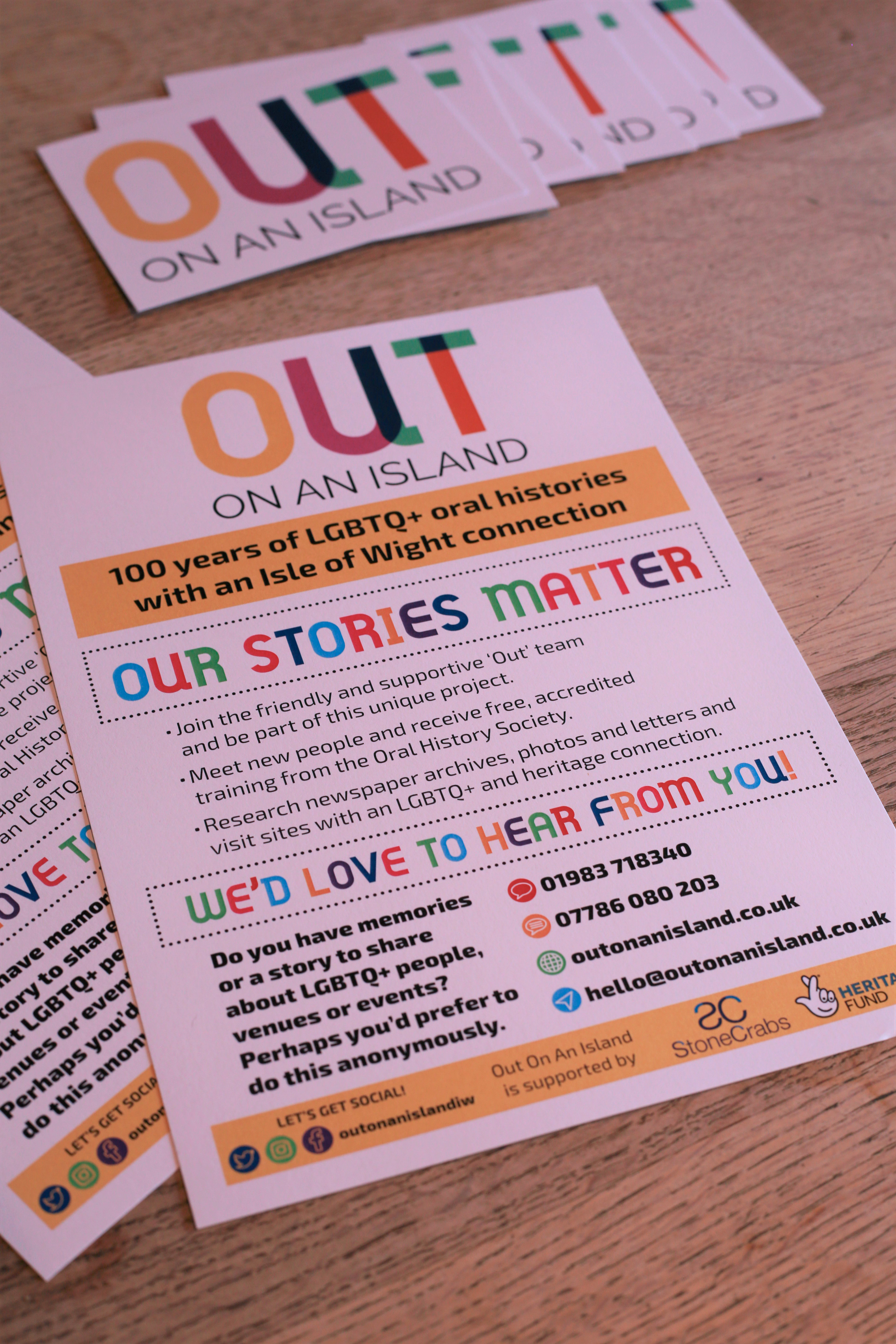It’s a whole genre of videos on YouTube, a feature of almost every LGBTQ+ storyline on television and there’s a whole day dedicated to it on October 11th each year. But what exactly do we mean when we talk about coming out?
Little ways we come out every day
It’s frequently referred to like a one and done affair; the first time we knew it ourselves, the first time we told a friend, when we told our family. And often the discussion centres around these larger moments and ignores the little ways we come out every day. When I casually say ‘she’ instead of ‘he’ when I talk about who I’m dating, I am coming out. When I choose to wear a pride flag badge out in public, I am coming out. When I listen to nothing but Janelle Monáe on repeat until my co-workers riot, I am coming out.
So, when we talk about coming out, are we talking about saying the words “I’m gay”? Or are we talking about the things we do and say every day to signal our identities? Each are equally valid ways to come out, but one is subtler than the other. Is the coming out question only reserved for the grand gestures? And that’s to say nothing of the timeline conundrum!
When I first tell someone that I’m bisexual, one of the questions they’ll ask me is when I came out and I find myself wanting to ask, “Which time?” I came out to myself when I was 15, my Dad when I was 20 and my grandparents when I was 21. I came out at work when I was 16, then again at 24, and again at 28. If I say I’ve been out for 14 years or 6 months, both of these things are true. So what is the answer? What do they want me to say?
Coming out is a complicated and continuous process
The truth is, coming out is a much more complicated and continuous process than we’re led to believe – it’s a discussion we have to have with ourselves our whole life. I come out nearly every week. Whenever I make conversation at the bus stop, meet a new friend or start a new job, I have to decide whether to come out or not. We live in a strange world indeed when we have to weigh honesty against safety, a little voice in the back of your head asking “is it safe? Is it safe? Is it safe?” like a skipping CD. Is the relief of not having to edit my words and behaviour worth any homophobia I might encounter?
There is a trend in certain areas of the media (both mainstream and LGBTQ+ publications) to criticise closeted members of the LGBTQ+ community for choosing not to come out. “You need to be a good example for young people”, “keeping secrets is bad for your health”, “you’re lying to everyone”; these are just a few of the reasons why people are being told to announce their identity publicly.
Being able to be open about your identity is a blessing and a relief that I hope everyone in our community gets to experience – on their own terms.
Being able to make a choice
In my coming out journey, I’ve been met with love and acceptance or at least tolerance on all fronts. Yet despite this incredible luck, every single time I’ve come out there has been a knot in the pit of my stomach and my pulse pounding in my ears because I know that my experience has been exactly that. Pure luck. Being able to make the choice of whether to come out or not is a right that we should all have as members of the LGBTQ+ community. Defining your own boundaries and advocating for yourself is one of the healthiest and most honest things a person can do, which I believe sets an excellent example.
I dearly hope that one day we live in a world where coming out is a source of nothing but joy for our community. Until that day, we get to choose how and when and with who.
Whether we’re leading the parade at Pride or remaining fiercely private, we each get to define what coming out means to us.
Melissa Gilmore
Melissa Gilmore is a volunteer for StoneCrabs’ ‘Out On An Island’ Heritage project looking at 100 years of LGBTQ+ history on the Isle of Wight. ‘Out On An Island’ is funded by the National Heritage Fund.

